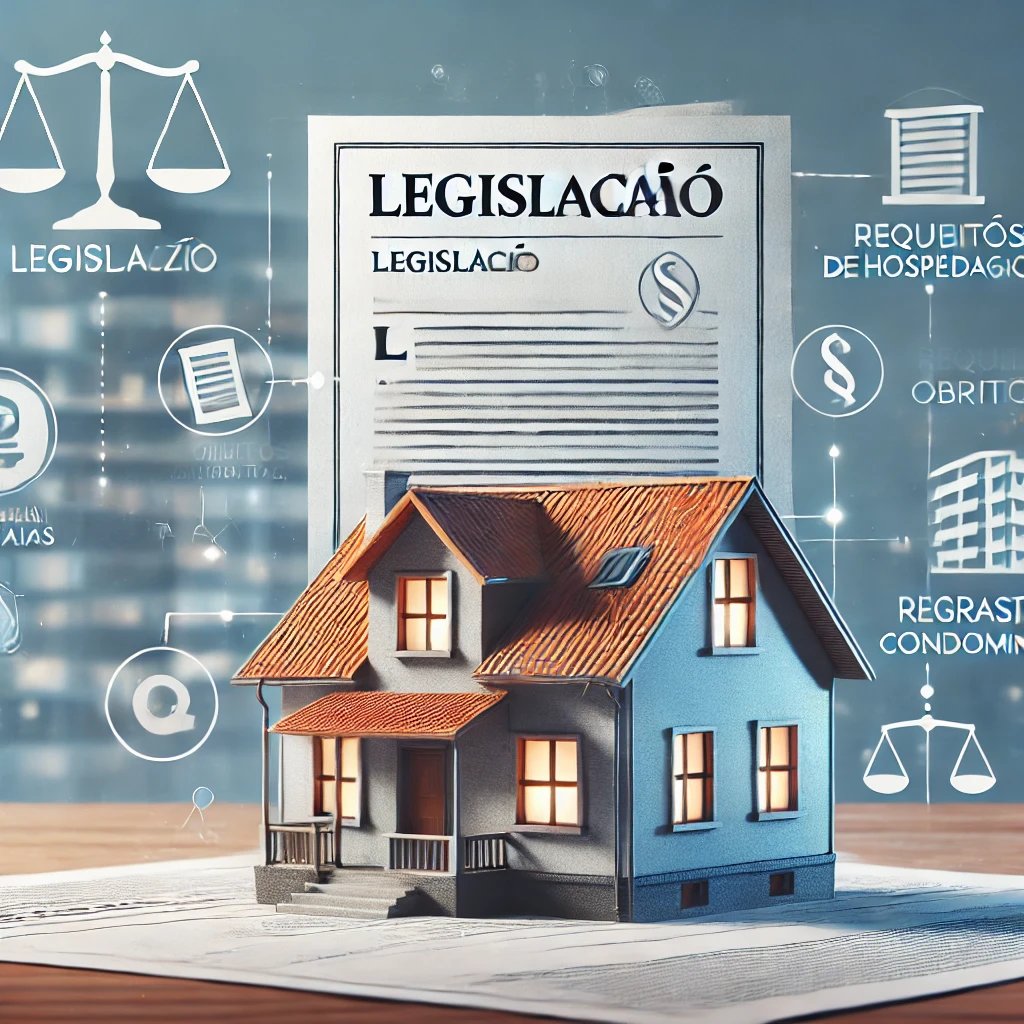Casastemporada.com

What are the main legal issues related to vacation rentals?
The main legal problems related to seasonal rentals involve regulatory issues, conflicts between condominium owners and guests, and the need to comply with relevant laws.
Below are the main aspects to consider:
Legislation and Regulation
Tenancy Law: Seasonal rentals are governed by Law No. 8,245/91, which establishes that the rental must be for periods not exceeding 90 days. After this period, the lease is considered residential, requiring a new contract.
Accommodation Requirements: Law No. 11,771/2008 defines that any establishment that offers temporary accommodation must have an operating license and be registered with regulatory bodies, such as Embratur. This is essential to ensure that the services provided are legal.
“Embratur (Brazilian Agency for International Tourism Promotion) does not directly regulate the registration of seasonal properties. Cadastur takes care of this, which is the Ministry of Tourism's system for registering companies and professionals in the tourism sector.
If you have a house to rent for the season and it is not an inn or hotel, registration with Cadastur can be done as a "hosting service provider", which includes both inns and other types of accommodation, such as holiday homes.
Here's a summary of how it works:
Mandatory Registration: Since the legal framework for tourism, registration with Cadastur is mandatory for all tourism service providers, including those that offer accommodation, such as a holiday home.
Benefits: Registering with Cadastur brings advantages, such as the possibility of participating in qualification programs and access to special credit lines. Furthermore, it also offers a guarantee of regularity for your business, transmitting confidence to guests.
How Registration Works: The registration process is done online, on the Cadastur website. You will need to provide information about the property, such as guest capacity, location, and other relevant information. After registering, your property will be registered as an official accommodation option.
Source: cadastur.turismo.gov.br / www.gov.br/turismo
Conflicts in Condominiums
Condominium Rules: Many condominiums establish rules that may restrict or prohibit vacation rentals. These rules must be justified by objective and reasonable reasons, and the prohibition can be decided in assemblies.
Inconvenience to Residents: Seasonal rentals can cause inconvenience to permanent residents, such as noise and lack of privacy. This can result in conflicts which, if not resolved, can lead to legal proceedings.
Responsibilities of the Parties Involved
Owners: Owners must ensure that their properties comply with legal regulations and condominium rules. This includes providing guest details and respecting quiet hours and use of common areas.
Guests: Guests must respect the condominium rules and the privacy of permanent residents. Any inappropriate behavior may result in complaints and legal action.
Challenges with Digital Platforms
The popularization of platforms such as Airbnb has brought new legal challenges, since the nature of seasonal rentals can be interpreted as hotel activity, which is not permitted in many condominiums. This raises questions about property rights and the possibility of restrictions imposed by neighborhood associations.
In summary, seasonal rentals, although a common and advantageous practice, require attention to the relevant legislation and the social dynamics of condominiums to avoid legal conflicts.
Casastemporada.com
